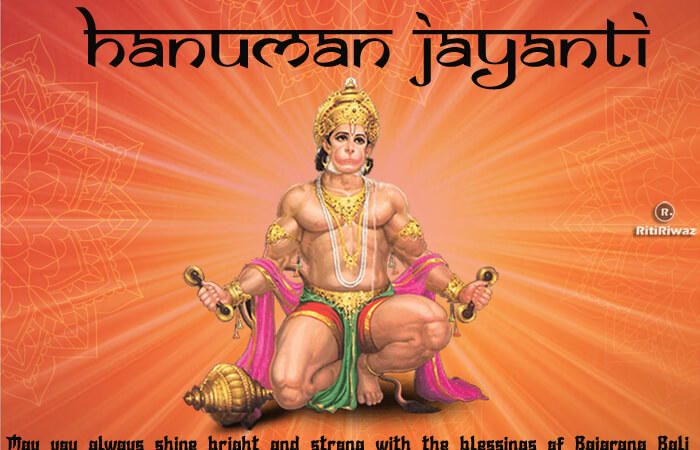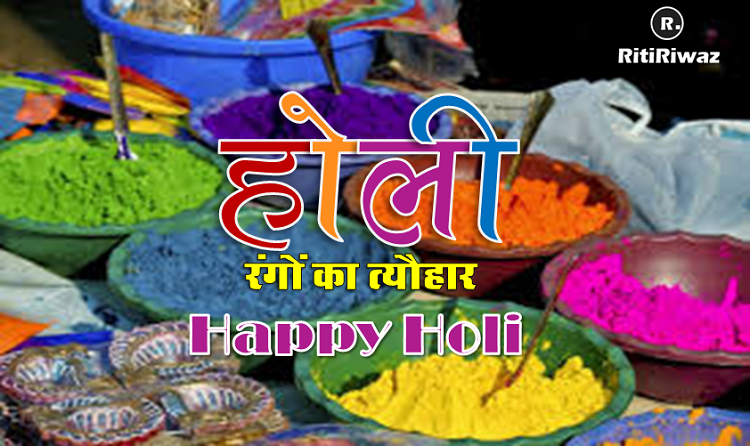Raja Ram Mohan Roy – Father of Modern India
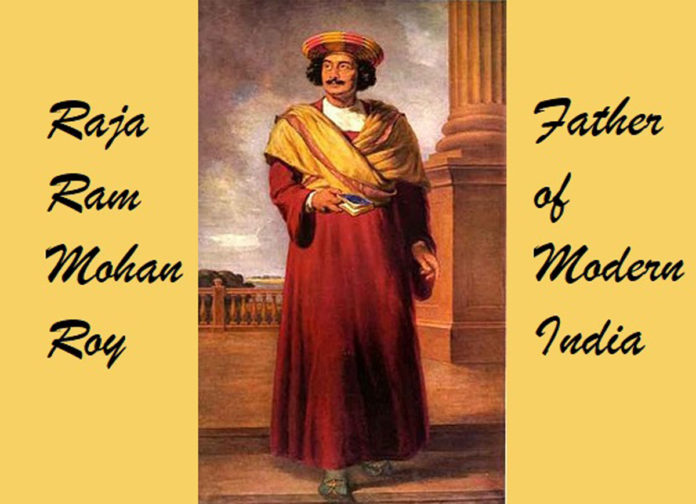
Raja Ram Mohan Roy, Rammohun, Rammohan, or Ram Mohan was the founder of Brahmo Samaj. Raja Ram Mohan Roy is also known as ‘Maker of Modern India’ and ‘Father of Modern India’ and ‘Father of the Bengal Renaissance’. He was India’s most celebrated social reformer whose Brahmo Samaj played a major role in reforming and modernizing Indian society.
His influence was in the fields of politics, public administration, education, and religion, and he played a major role in abolishing the role of Sati, child marriage, and giving property inheritance rights for women.
His Brahmo Samaj’s chief aim was the worship of the eternal God. It was against priesthood, rituals, and sacrifices. The title ‘Raja’ was given to him by the Mughal Emperor. Raja Ram Mohan Roy was the first educated Indian to travel to England. He went to England as an ambassador of the Mughal emperor Akbar II. He wanted to combine the righteousness of Western and Indian culture. He was against traditional Hindu practices and echoed his voice against the Sati system, polygamy, caste rigidity, and child marriage.
He put remarkable efforts into the education system of India. To modernize the education system, Raja Ram Mohan Roy established many English schools. He set up the Hindu College at Calcutta in 1822. He assisted Alexander Duff to establish the General Assembly’s Institution. Roy promoted and urged that science, technology, western medicine, and English should be taught at Indian schools. To politically educate people, Raja Ram Mohan Roy even published magazines in different languages including English, Hindi, Persian, and Bengali. Noticeable magazines published by him were the Brahmanical Magazine, the Sambad KaumudiandMirat-ul-Akbar.
Born: 22 May 1772 Radhanagar village, Bengal, British India.
Died: 27 September 1833 (aged 61), Stapleton, Bristol, England, UK.
Ethnicity: Bengali Hindu.
Occupation: Social Reformer, Known for Bengal Renaissance, Brahmo Samaj.
Early Life of Raja Ram Mohan Roy
Ram Mohan Roy was born in the Bengali Hindu family in Radhanagar village of Hoogly district Bengal Presidency on May 22, 1772, to Ramakanto Roy and Tarini Devi.
He did his schooling in Sanskrit and Bengali languages in the village school where he learned Bengali and Sanskrit and later he was sent to Madrasa in Patna where he learned Persian and Arabic. After that, he was sent to Benares (Kashi) where he learned Sanskrit and Hindu scriptures like the Vedas and Upanishads and Hindu philosophy deeply. Persian and Arabic studies influenced his thinking about One God. He learned the English language at the age of 22.
He joined the service of the East India company in 1805 and gradually rose to high offices. Ram Mohan was the chief advocate of the modern process of education and scientific learning. The improvement of native people was the chief motive of Raja. Therefore, he helped the British Government to promote a more liberal and enlightened system in learning.
In the new system of education, he introduced the subjects of practical use like Mathematics, Philosophy, Chemistry, and Anatomy with other useful sciences. As well as he studied Sanskrit, Persian and Arabic languages. Besides these, he studied English, Greek, and Hebrew. He wrote books in different languages like Hindu, Bengali, Persian, English, and other languages that he has learned throughout his life. He translated ancient Indian works on religion and philosophy into Bengal.
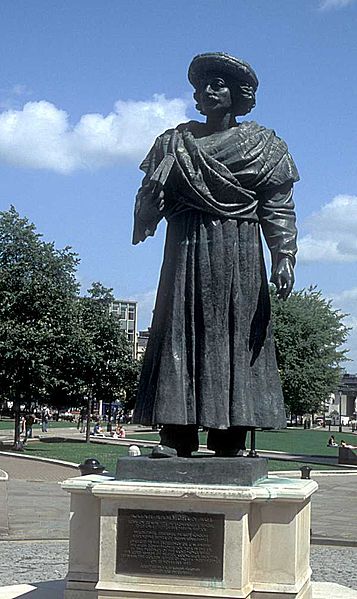
Brahmo Samaj (Divine Society)
Among his various achievements, the greatest one was the setting up of Brahmo Samaj. The Brahmo Samaj played a major role in reforming and modernizing Indian society.
The Brahmo Samaj which was launched into its eventful career on August 20, 1828, at Kolkatta, gave a concrete expression to Ram Mohan Roy’s concept of universal worship purifying Hinduism and preaching Monotheism.
The basic belief of Brahmo Samaj is.
1. No faith in any scripture as an authority.
2. Denounced Idol worship and polytheism.
3. Discouraged Sati System.
4. Supported Widow Remarriage.
Brahmo Samaj had two divisions
1. Adi Brahmo Samaj
2. Sadharana Brahmo Samaj
He promoted a rational, ethical, non-authoritarian, this-worldly, and social-reform Hinduism. Brahmo Samaj believes that the worship of One Supreme God needs no fixed place or time. He condemned polytheism and idol worship and propagated the concept of one God. His religious ideas had assimilated elements of Islam, Christianity, Hinduism, and modern European liberal philosophy. He translated ancient Indian works on religion and philosophy into Bengali.
He raised his voice against evils like Sati practice, caste system, dowry, ill-treatment of women, Child marriage, infanticide, illiteracy, etc.
Through Brahmo Samaj, he wanted to expose the religious hypocrisies and check the growing influence of Christianity on Hindu society. Social reforms of Raja Ram Mohan Roy have helped India to come out of the jinx of social taboo and malpractices.
He was brought up in a very rich and wealthy family and was witness to all the aspects of a brahmin culture that was prevalent in Bengal during that time. His family was of the Vaishnava sect of the Hindu religion. Moderately prosperous landowners, they had served for several generations as revenue officials under the Mughals. Ram Mohan was married twice before he entered his teens, this being customary among high-caste families, among whom child marriage and polygamy were both very common.
When the practice of Sati was legally abolished in 1829, the credit for its abolition was given to the Governor-General, Lord William Bentinck. However, as a contemporary English observer, herself a woman, pointed out – the legislation could not have been brought about but for the powerful though unacknowledged aid of the great Hindu philosopher Ram Mohan Roy.
Roy’s great contribution towards this reform was to demonstrate that Sati was not a religious duty sanctioned or upheld by Hindu scriptural tradition.
He stood for modern education, the introduction of English education for the propagation of science in India, and the modernization of Indian society. He also advocated various changes in Indian society by popularizing the study of English, modern medicine, technology, and science. He was an internationalist and supported the cause of freedom everywhere. He celebrated the success of the 1830 Revolution in France and condemned the Britishers who were inflicting miseries on Ireland.
It was only due to the audacious courage and conviction of Raja Ram Mohan Roy, that various social evils of the Hindu religion, like Sati, and child marriage were abolished in India.
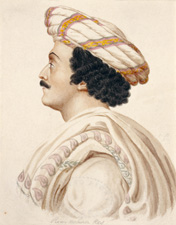
Ram Mohan Roy was not only a social, political, economic, religious reformer but also a great educational thinker or reformer. His contribution, particularly in the field of education, is very praiseworthy and notable. His ideas of reforms in education are still very significant. Ram Mohan Roy came with his scientific temper, broad outlook, the championship of freedom, liberal and fundamental reforms, and a harbinger of equality and humanism.
Now he is no more in the world but his remarkable spot in the field of education till remembering every Indian Gradually, a current of reformation spread in India, and one after the other, various movements emerged in India.
Hence Raja Ram Mohan Roy is regarded as the innovator of modern India. Really, both Raja Ram Mohan Roy and Brahmo Samaj played a significant role in the making of modern India. R. N. Tagore called him “Bharat Pathik‟. As well as Bipin Chandra Pal commented a century later the priceless value of the Raja`s efforts was his struggle against medievalism, for which he is recognized and honored as “the Father of the Renaissance”. He was the Synthesizer between Eastern and Western cultures.
Some Popular Quotes of Raja Ram Mohan Roy
-
“The present system of Hindus is not well calculated to promote their political interests”.
-
“I have now given up all worldly avocations, and am engaged in religious culture and in the investigation of truth”.
-
“Just consider how terrible the day of your death will be. Others will go on speaking and you will not be able to argue back”.
-
“It is necessary that some change should take place in their religion”.
-
“The greater our intercourse with European gentlemen, the greater will be our improvement in literary, social, and political affairs”.
-
“The superstitious practices which deform the Hindu religion have nothing to do with the pure spirit of its dictates”.
Suggested Read: Social Reforms In India





